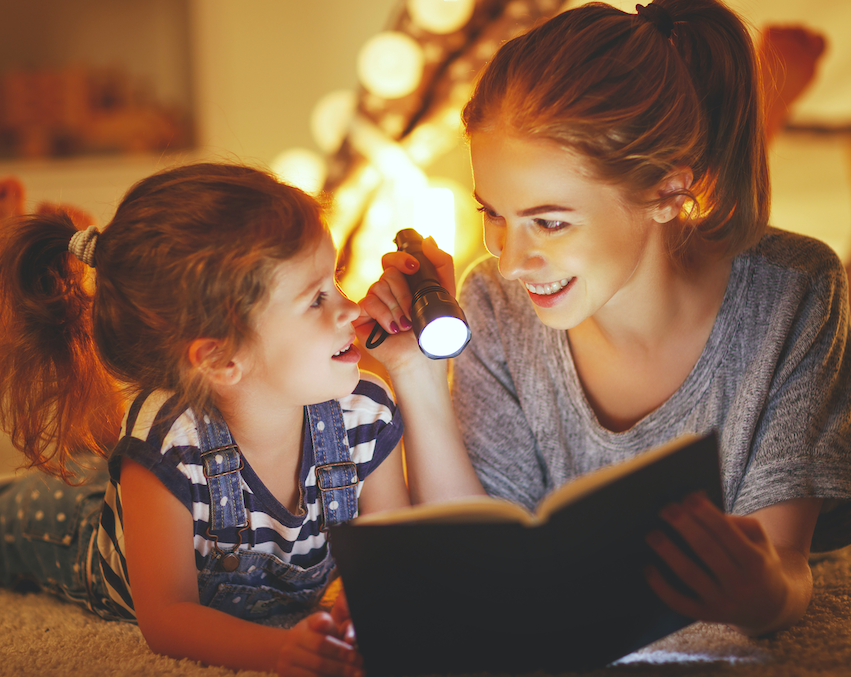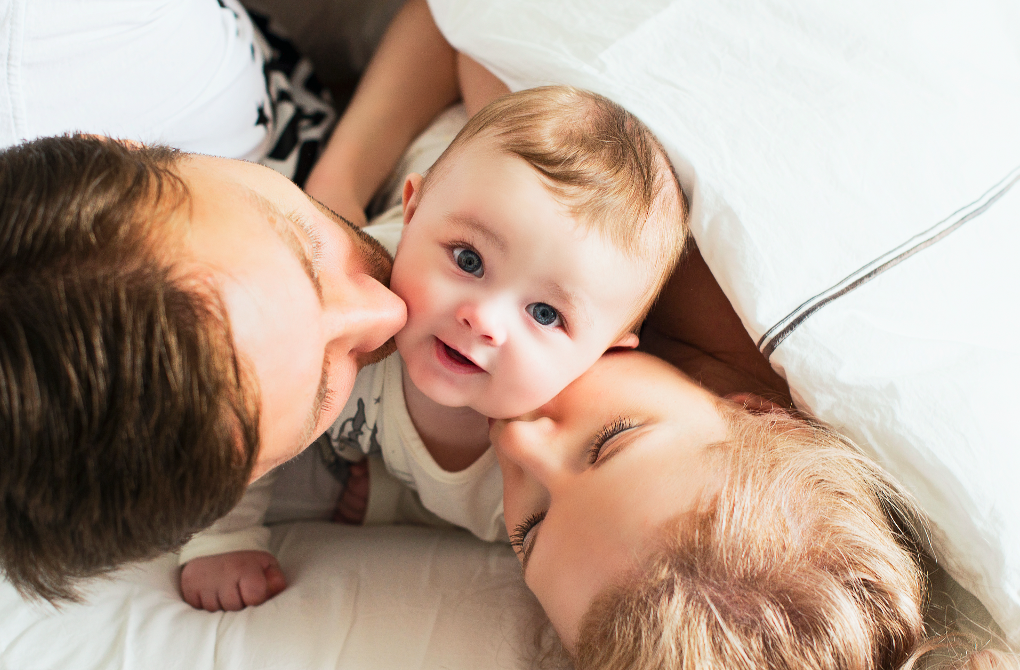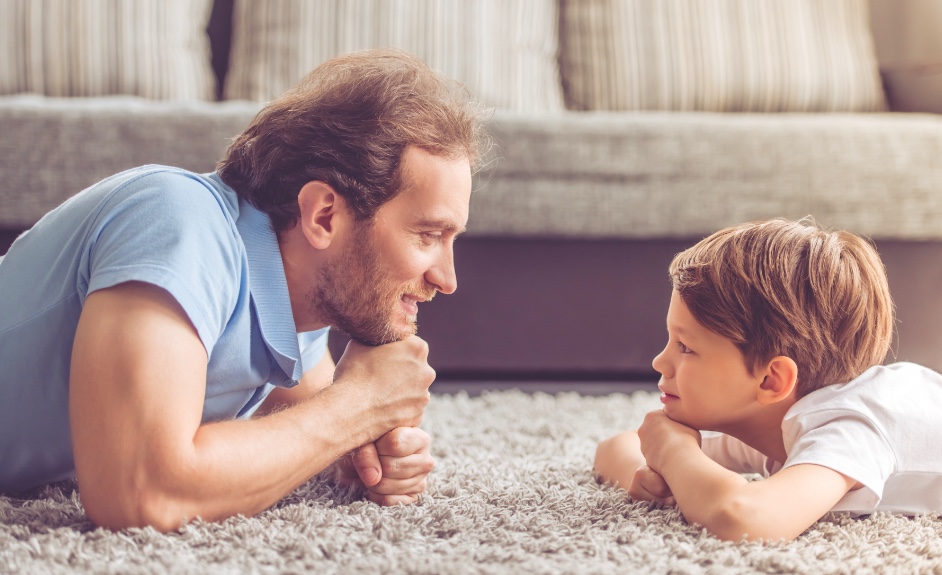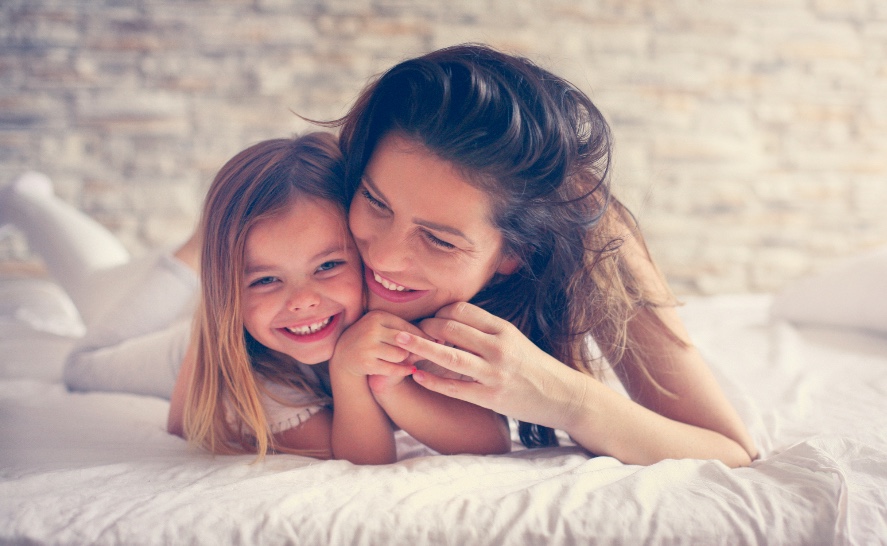The theme of our Winter 2020/21 issue is sovereignty, and we greatly appreciated our parenting columnist Anna Cole’s thoughts on this, from a parenting perspective. Please enjoy a sneak peek of her article below! You can read the full piece by picking up a copy of our Winter 2020/21 issue – click here to find your nearest stockist, or subscribe here to receive a copy direct to your door.
Parenting
Our regular parenting expert, Anna Cole, wrote a wonderfully heart-warming article for our Autumn 2020 issue. She discussed the challenges that new parents can face, and how relief from these pressures can be found in simply knowing that they are doing their best. Read the full article below.
Our parenting expert Anna Cole had some beautiful words of wisdom for new parents in the Autumn 2020 issue. Today, we wanted to share a sneak peek of her article. To read the full article, grab your copy of the Autumn 2020 issue, or subscribe here to receive one direct to your door.
We love this article from our Spring 2020 issue, by our resident parenting educator Anna Cole. Here, she discusses why parents may need a ‘parenting re-set’ when they have been rearing their children for a decade or more. Read on for her tips!
In this extract from our Spring 2019 issue, Hand in Hand Parenting expert and educator Anna Cole describes how old, seemingly insignificant memories – even ones stemming from their birth – can unconsciously affect our children, and how we as parents can help. To read the full article, just pick up a copy of the magazine in your local stockist or subscribe here.
On Wednesday November 7th, we are excited to be welcoming parenting experts and educators, Anna Cole and Tosha Schore, to Positive Nights. This event will take place from 7.30 to 9.30 p.m. in the Bewley’s Café Theatre, 78/79 Grafton Street, Dublin 2. Doors will open at 7.00 p.m. Click here to book your tickets.
You’ve read the books. You know the theory, right? You know how you want your parenting life to look, but you just keep losing it with your kids when they wake at 5 a.m. every morning, ignore you when you ask them to brush their teeth, hit a sibling or call you names…
Join us for an intimate and welcoming evening where you’ll get to listen to Tosha Schore in conversation with Anna Cole, and take home some practical tools to make your parenting dreams a reality. Come ready to laugh, talk, practice and have some fun on this often bumpy, and less than perfect, journey of parenting. You know the what! Let Tosha and Anna show you the how!
About Tosha and Anna:
Tosha Schore, M.A, is a Hand-in-Hand Certified parent coach, the author of LISTEN: Five Simple Tools to Meet Your Everyday Parenting Challenges, and an international speaker. She is the mother of three boys, and an advocate for boys and their families worldwide. Tosha is committed to creating lasting change in families and in the world by supporting parents to care for themselves, connect with their children deeply, set limits lovingly, and play wildly.
Anna Cole, PhD, is a certified Hand in Hand parent educator, researcher and writer. She began her professional life as an academic researcher and lecturer. After the birth of her daughter in 2004 and her son in 2006 her academic interest in supporting marginalised communities in her anthropological work became a very real interest in figuring out why parenting was so emotionally hard, and yet was too often un-sung, under-appreciated and of such vital importance to shaping the next generation. She is committed to inter-generational family healing, one parent at a time. If you are a regular reader of our print magazine, you may recognise her as Positive Life’s resident Positive Parenting columnist!
Click here to book your tickets.
On Wednesday November 7th, we are excited to be welcoming parenting experts and educators, Anna Cole and Tosha Schore, to Positive Nights. This event will take place from 7.30 to 9.30 p.m. in the Bewley’s Café Theatre, 78/79 Grafton Street, Dublin 2. Doors will open at 7.00 p.m. Click here to book your tickets.
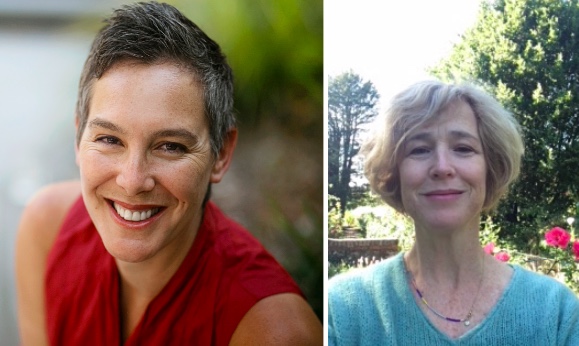
You’ve read the books. You know the theory, right? You know how you want your parenting life to look, but you just keep losing it with your kids when they wake at 5 a.m. every morning, ignore you when you ask them to brush their teeth, hit a sibling or call you names…
Join us for an intimate and welcoming evening where you’ll get to listen to Tosha Schore in conversation with Anna Cole, and take home some practical tools to make your parenting dreams a reality. Come ready to laugh, talk, practice and have some fun on this often bumpy, and less than perfect, journey of parenting. You know the what! Let Tosha and Anna show you the how!
About Tosha and Anna:
Tosha Schore, M.A, is a Hand-in-Hand Certified parent coach, the author of LISTEN: Five Simple Tools to Meet Your Everyday Parenting Challenges, and an international speaker. She is the mother of three boys, and an advocate for boys and their families worldwide. Tosha is committed to creating lasting change in families and in the world by supporting parents to care for themselves, connect with their children deeply, set limits lovingly, and play wildly.
Anna Cole, PhD, is a certified Hand in Hand parent educator, researcher and writer. She began her professional life as an academic researcher and lecturer. After the birth of her daughter in 2004 and her son in 2006 her academic interest in supporting marginalised communities in her anthropological work became a very real interest in figuring out why parenting was so emotionally hard, and yet was too often un-sung, under-appreciated and of such vital importance to shaping the next generation. She is committed to inter-generational family healing, one parent at a time. If you are a regular reader of our print magazine, you may recognise her as Positive Life’s resident Positive Parenting columnist!
Click here to book your tickets.

